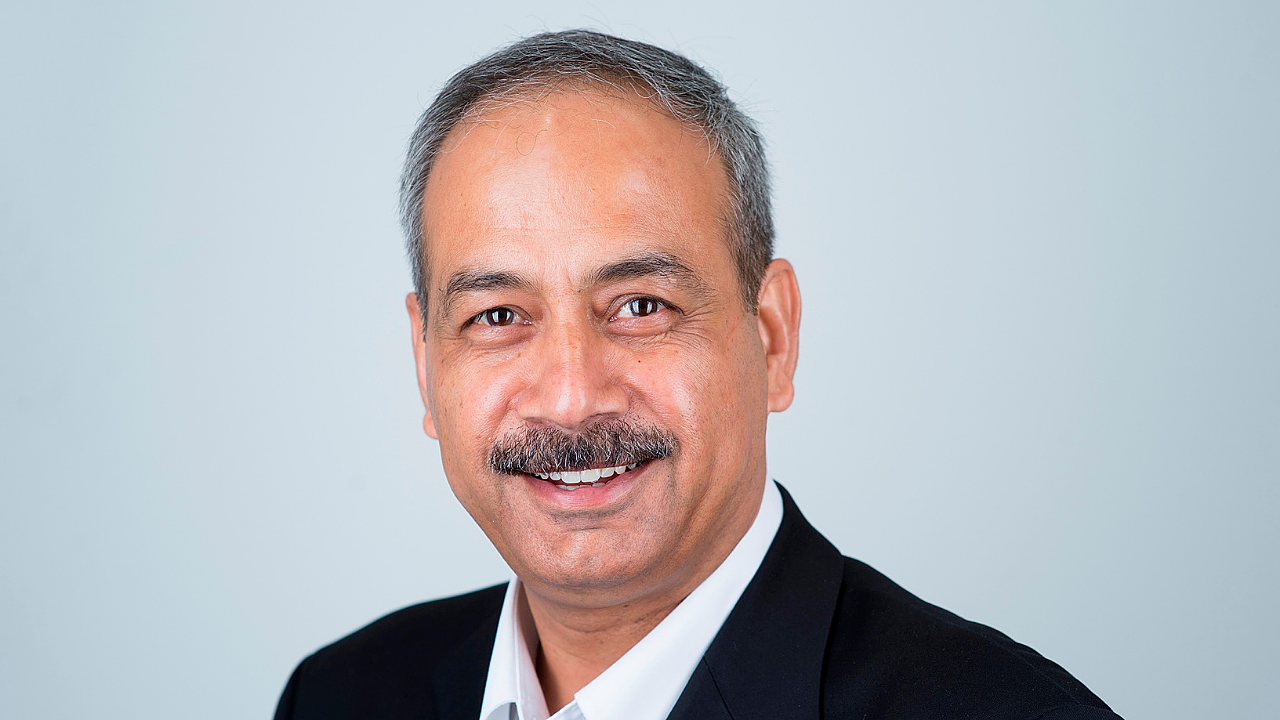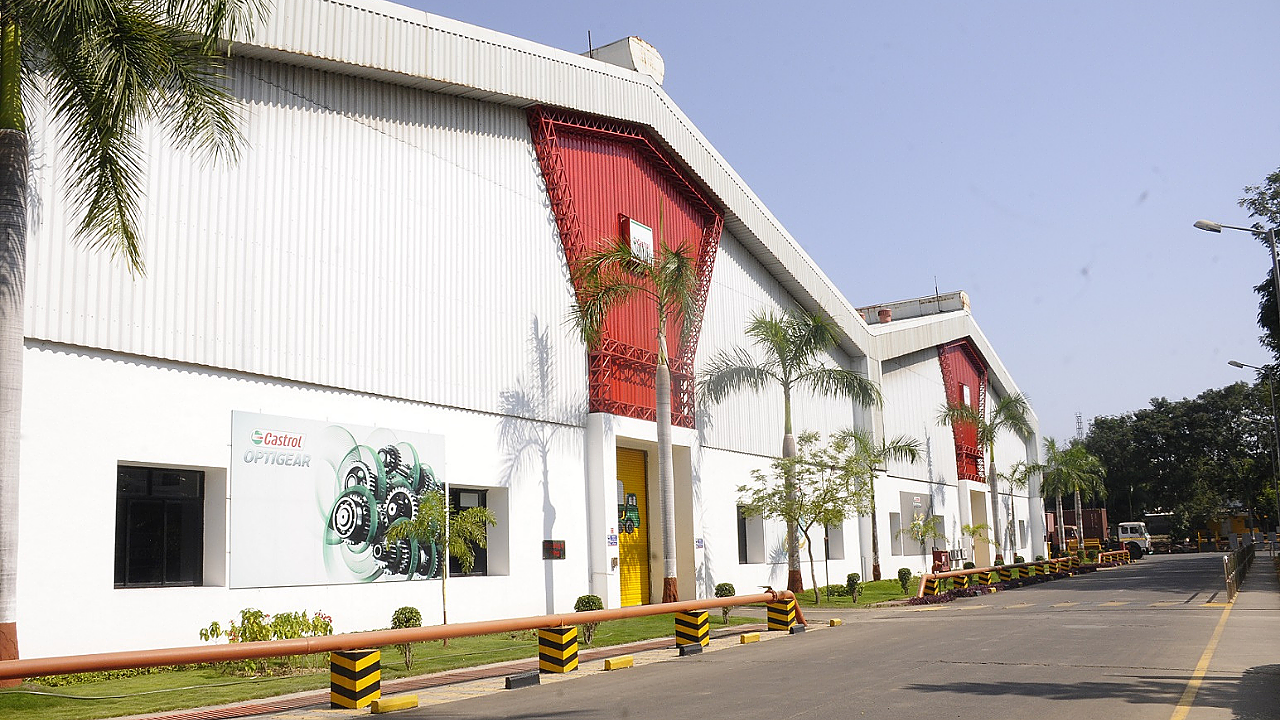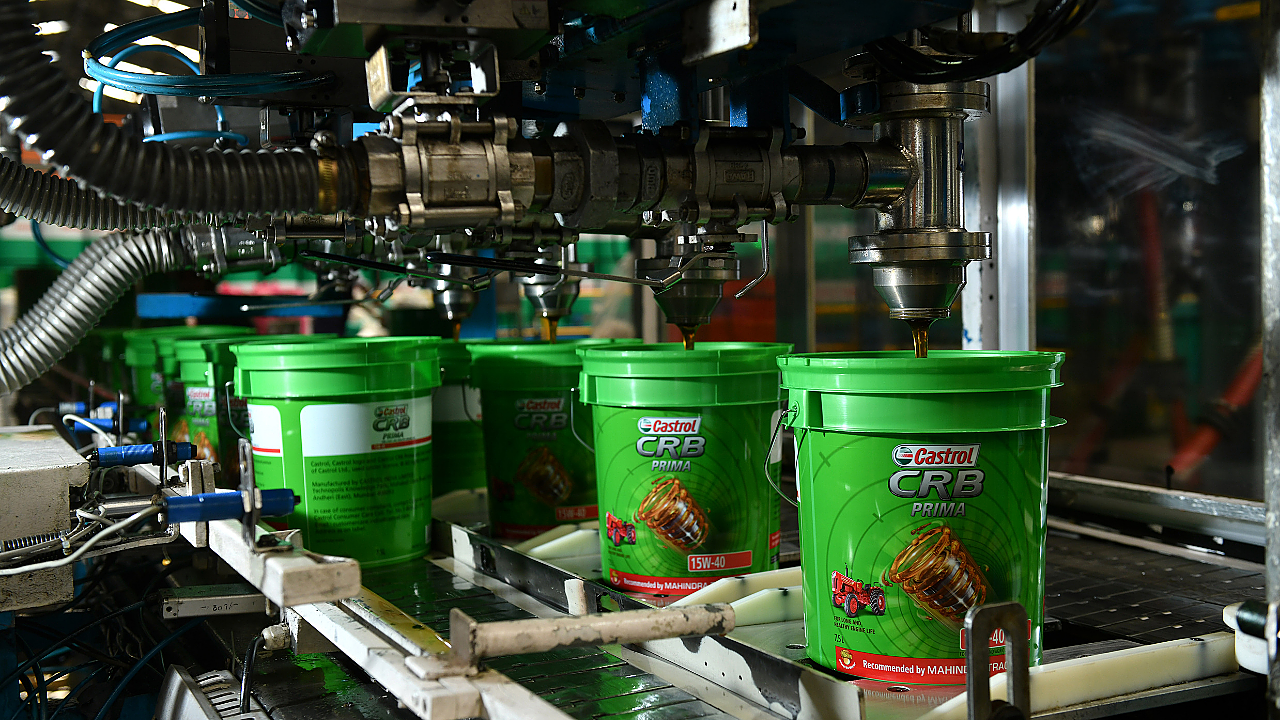
Sandeep Sangwan has had a prolific career spread over 30 years and brings extensive business, sales and marketing expertise with him. Prior to his current role, he was based in the UK as Programme Director, leading a major transformation programme in bp lubricants and has been instrumental in embedding the new lubricants operating model across the business.
How was FY21 for Castrol? Which are the product groups that fared well, and what are the key reasons?
The strong revenue growth was due to higher volumes across our mobility and industrial segments and an overall market share increase. In line with our strategy, we continued to invest in our products and brands.
We reported a strong set of numbers in Q2 and H1 FY21, continuing on the momentum we built in the last few quarters. We have maintained strong financial delivery in H1 FY21 with our Q2 revenue from operations at INR 890 crore and Q2 PBT at INR 190 crore, which are 81% higher and 115% higher respectively, compared to Q2 of last year. The H1FY21 revenue from operations stood at INR 2028 crore, which is 72% higher and PBT at INR 523 crore, 103% higher than FY20.
Some of these challenges have come back in the form of localised lockdowns, muted demand, and a sharp rise in input cost. Nevertheless, we have been able to navigate this dynamic and uncertain market situation very well through our timely pricing interventions, along with our ability to be agile and respond quickly. In the last one year, we have improved our market share in the retail segment by about two percentage points.

How do you mitigate the recent price hike in raw materials – both base oil and additives?
We take a strategic view in responding to cost increases. In the last two quarters, we have taken price increases in the market to counter the unprecedented effect of rising inflation, input costs and adverse forex. We have taken actions to prepare the business for future growth, including adjusting our pricing to drive growth where relevant and continuing to invest behind our brands, be it advertising spend or trade activation. We also continuously benchmark our costs externally and internally (within the bp group) and take appropriate actions.
How will the government's intent to increase the content of ethanol in auto fuels influence Castrol?
An increase in ethanol content (~20%) in fuel will require certain changes in internal combustion engines. It is new to India, but such fuels are routinely used in other countries, such as Brazil. Our lubricants have been used with these kinds of fuels for years. We will leverage the global experience to ensure that we can provide products suited for the Indian market.
Lube makers are expected to come up with advanced engine oils specifications. How are you positioned to manage these kinds of requirements?
The products we develop are designed to meet the regulatory and automotive requirements. Products are developed in line with changing OEM regulations and emission requirements. CAFE, BS and TREM/CEV API, ACEA regulation changes are taken into account to make products that meet our customers' requirements. We formulate our products with superior quality base materials and performance additives that provide the targeted performance regarding fuel efficiency and durability.

As a market leader, we have continually delivered technologically superior lubricants with differentiated consumer benefits. We were the first to market with a range of BS-VI ready lubricants across our product range, which complemented low emission BS-VI automotive engines and was another step forward in liquid engineering.
We are not only leaders in pioneering technology but have always come up with unique ways to anticipate and stay ahead of ever-evolving consumer preferences through advanced technologies. Castrol lubricants for SUVs, Castrol Magnatec Stop Start engine oils to take care of incessant stop-start conditions in cities, and the recent fully synthetic engine oil Castrol Power1 Ultimate, which comes with a unique 5-in-1 formula to deliver outstanding performance, are just some examples of how we have used our insights to delight customers.
Would longer drain interval lubricants reduce volumes? If so, how do you mitigate these issues?
In the commercial segment, there is a drive for fuel efficiency and extended oil drain intervals. We also see an increase in the last mile segment driven by a rise in mini light commercial vehicles, one of the key focus areas for Castrol.
Longer drain intervals are typically delivered by synthetic engine oils, which we have a varied range. For instance, we have introduced various long drain interval products for commercial vehicles, the latest being Castrol Vecton LD with a 120,000 km drain interval. Castrol's lubricants also present additional benefits of the reduced total cost of ownership through improved drain intervals in commercial vehicles and fuel economy.
However, we also need to take into account consumer behaviour with regards to servicing their vehicles, which does take time to change to move to this category.
With new emission regulations, synthetic oil is picking up. Do you see prospects for growth in this segment?
With the new engine technology, we see a demand shift towards high premium, thinner synthetic oils in the four-wheeler segment – which is a strength for Castrol. We have many synthetic products in our portfolio, and we see a healthy uptick in this category.
Synthetic lubricants offer better performance and protection for your engines like our Professional series of products, Castrol Ppwer1 Ultimate, Castrol Magnatec, Castrol Edge and Castrol Vecton, which often lead to fuel efficiency and helps lessen the impact on the environment.
What are the contributions of the India centre to global R&D?
Castrol has its biggest research facility in Pangbourne, UK. Further, we have a global footprint of laboratories across countries. In India, the technology centre is based out of our Silvassa facility, which has state-of-the-art technology to test new differentiated lubricants products and a pilot blending unit to scale products.
The technology team in India is integrated with the global teams and laboratories and works closely to adapt solutions tailor-made for Indian customers and needs. The team helps to develop and deploy lubricants products for Castrol's businesses. The key technology activity includes implementing new products into local markets with launch support & field trial data, liaison with local OEM/partners, and providing quality assurance and product compliance.
Can you tell us about the auto repair workshops business and expansion plans?
Personal mobility continues to remain our focus area to drive profitable growth, and we continue to invest aggressively in our key brands along with innovations in products and communication.

As we move beyond lubricants into the service and maintenance space, independent workshop channels are an area of strategic focus, and we continue to expand our reach, especially in the top tier segment, to provide best-in-class service maintenance solutions to our consumers.
Alliances like the one with 'Ki Mobility' and entry into new channels like Jio-bp fuel courts would also help fuel the growth. In our endeavour to deliver a quick and reliable service brand experience to consumers in collaboration with Jio-bp at their retail sites, we recently launched a new concept of Castrol Express Oil change outlets, which offer quick oil change service for consumers on the go.
Tell us about your manufacturing facilities?
We have three manufacturing and blending facilities in the country – at Silvassa (Dadra and Nagar Haveli), Patalganga (Maharashtra) and Paharpur (West Bengal). Our plant capacity is 225 million litres across the three facilities.
Our largest facility, the Silvassa Plant, has a capacity of 80 million litres of blending as of now. We recently celebrated a key milestone this year, when it completed 25 years of safe and successful operations. The plant was recognised by the British Safety Council with the Sword of Honour in 2019 and is considered one of the most modern lubricant plants in the region.
Additionally, our Patalganga plant has been recognised with the National Safety Council of India Award for its leadership and implementation of HSSE programmes, while our Paharpur plant won a platinum award at the Apex India Occupational Health & Safety Awards 2020 and gold at the National Occupational Health & Safety Awards 2020 organised by Indian Chamber of Commerce.
Our plants have evolved to represent safety, trust and reliability over the years for our customers, including key OEMs.
What are your capex plans?
We regularly invest, especially in technology and our manufacturing facilities, to ensure we can deliver premium products to our consumers. We add capacity as required and have capital expenditure planned to add blending and filling capacity in line with our medium to a long term plan.